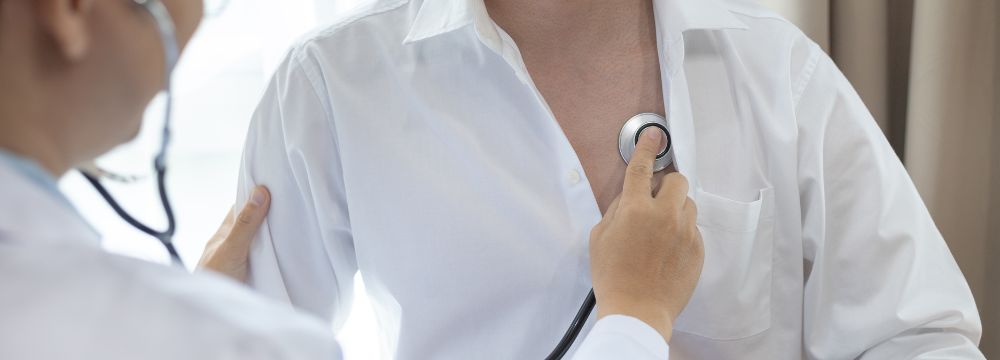Next Steps After a Hospital Diagnosis of Afib

Atrial fibrillation, or afib, is common, with approximately 5 million Americans suffering from the condition and a general upward trend in new diagnoses. The causes of Afib and other arrhythmias are many and varied. But age and lifestyle factors are two primary reasons this condition is growing in prevalence here and around the world. Yet, despite this, it is misunderstood for several reasons.
- First, many patients may think that occasional irregular heartbeats are perfectly normal, and frankly, for some, they are. However, this could also be a sign of arrhythmia, including Afib.
- Second, Afib is only sometimes noticeable. Known as a silent Afib, some patients will not experience any symptoms and, as such, will not seek care.
- Third, most primary care and even general cardiology practices will run a diagnostic EKG or electrocardiogram when patients complain of chest palpitations. While an EKG is very sensitive to heart rhythm abnormalities, it only detects an arrhythmia while it is happening. Most arrhythmias begin as paroxysmal or occasional, so patients are often sent home without a proper diagnosis.
- Other issues can cause a fast heartbeat, or even heart, palpitations, including anxiety, panic attacks, and emotional situations. It’s not unheard of for Afib to be dismissed as one of these concerns.
- Finally, many of the symptoms associated with Afib are shared by a heart attack. Patients often rightly go to the emergency room when they believe they have an emergency medical issue. (Always call 911 or visit the ER if you believe you are having a medical emergency)
Diagnosis at the ER
Because of the last point mentioned above, many cases of atrial fibrillation are diagnosed in the ER at the hospital. Some patients may have a cardioversion or electrical shock therapy to bring them out of Afib and back into sinus rhythm. However, this is not a cure; it only resets the heart rhythm, if it is successful. At this point, at the hospital, it is unlikely that a patient will undergo a curative procedure like Afib ablation to manage their condition longer-term. Further, even if the cardioversion is successful, seeking follow-up care is essential because of the increased risk of stroke due to Afib.
The Importance of Electrophysiology
As you likely know, electrophysiology is a cardiological specialty that focuses on the heart’s electrical impulses. As EPs, we are uniquely trained to diagnose, treat, and manage electrical abnormalities and the problems that arise from them. Once diagnosed with Afib at the hospital, you should speak to your primary care physician or general cardiologist to get a referral to a trusted EP like Dr. Moretta. At this point, we can discuss treatment options, including medication or procedural interventions.
Our primary concern is stroke risk associated with atrial fibrillation, and this is often well managed with anticoagulant medications, which are the frontline defense against stroke. For some patients who are considered a fall risk or have bleeding or clotting disorders, we have procedural options, including The Watchman and Amulet left atrial appendage or LAA closure devices.
Of course, treating atrial fibrillation is also important. Paroxysmal Afib can progress to persistent, which becomes harder to treat, and treatment options become less effective. Early intervention can offer long-lasting, even permanent, results. Further, Afib ablations have come a long way with technological and technical advancements. What was once routinely a 3 to 4-hour procedure is often performed by Dr. Moretta in less than an hour.
Ultimately, while an Afib diagnosis at the hospital may be concerning or confusing, the most important next step is researching and meeting with a qualified electrophysiologist to understand your options. If you have been experiencing heart palpitations and do not believe you have a medical emergency, once again, it’s essential to get a referral to your electrophysiologist from your primary care physician or call our office to schedule an appointment. We have diagnostic options like Holter monitors, event monitors, and loop recorders, which are far more sensitive, and then an EKG to determine whether Afib is the cause of your concern.